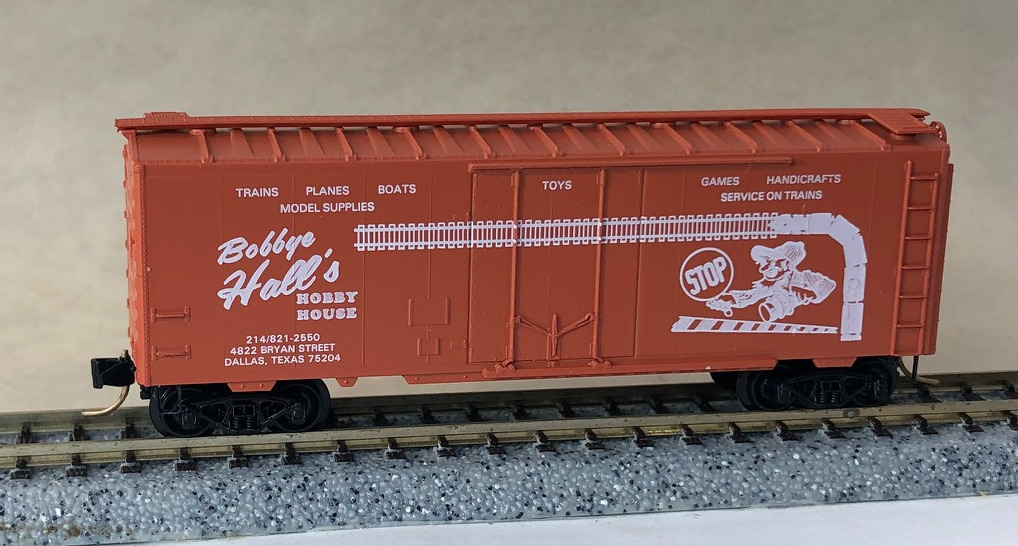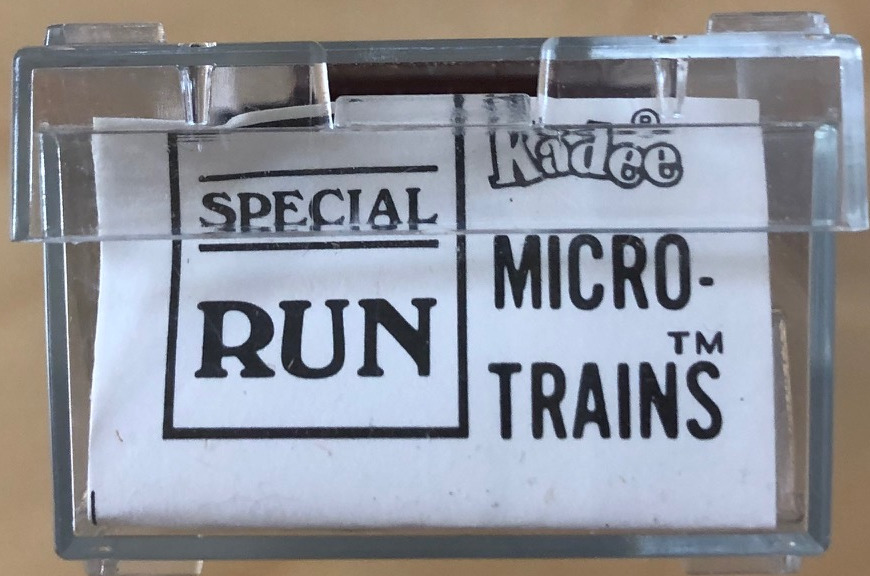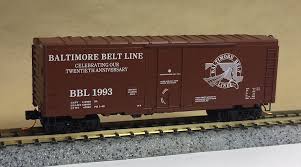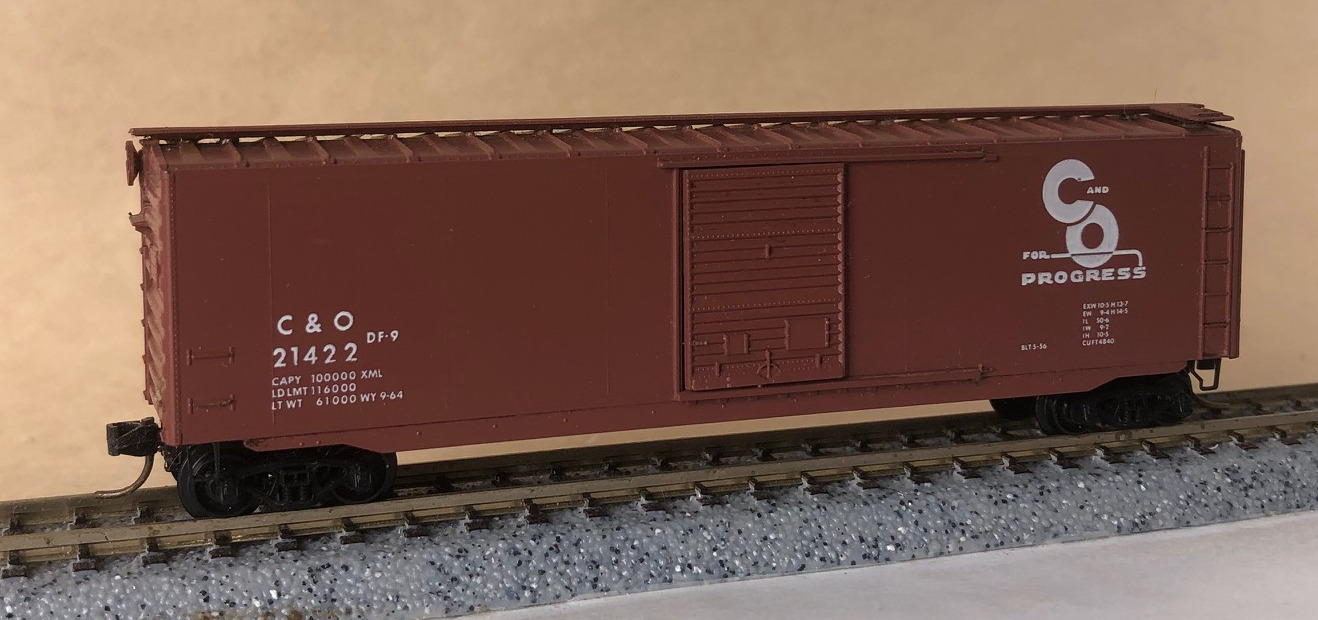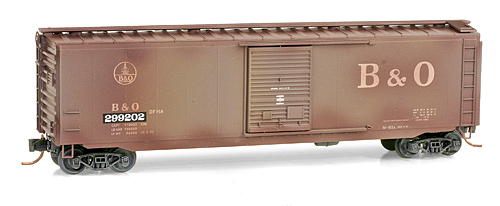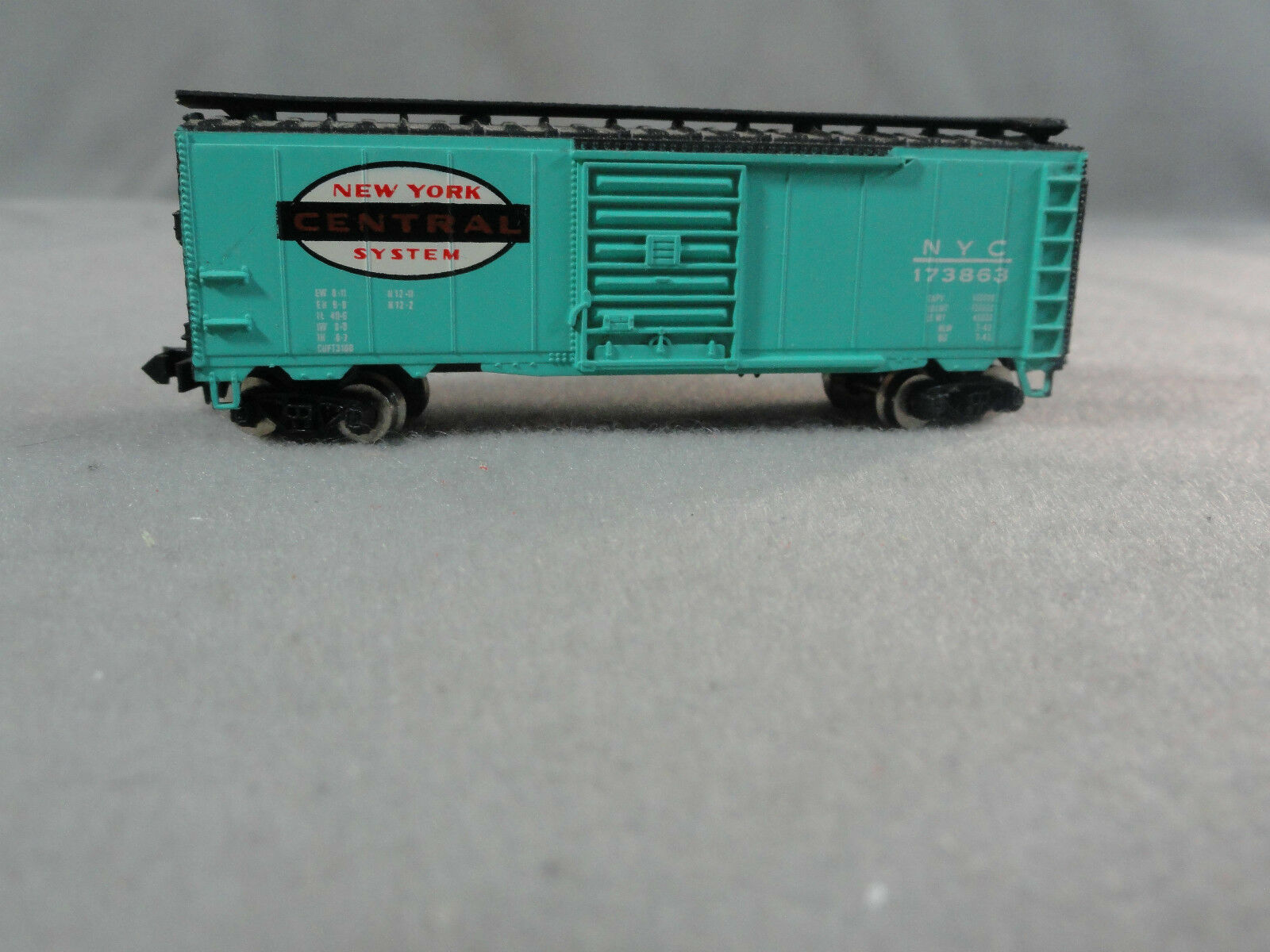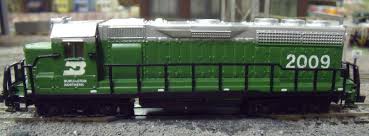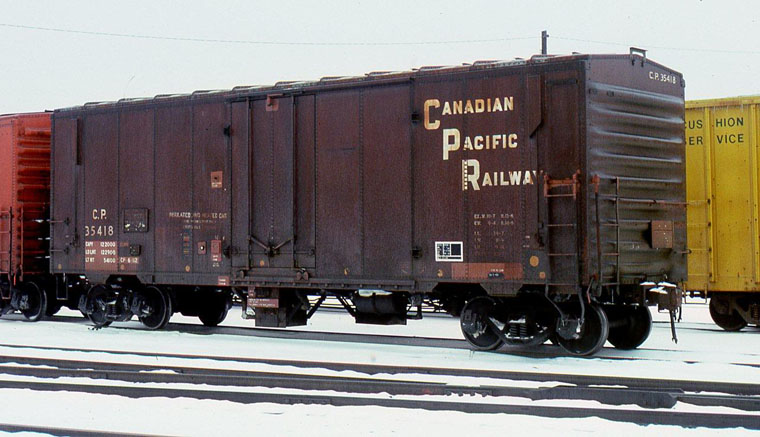Prototype History: Plug-Door boxcars are usually insulated and typically carry products such as canned goods that require protection from extremes of temperature but do not require refrigeration. Plug-style doors were normally used to ensure a tight seal in the insulation. Designed for transport of both perishables and large loads, plug doors allowed box cars to be sealed from outside dust and dirt. Cars like these were manufactured during the 50s and 60s.
Whether you consider this a reefer or a boxcar is a matter for angel-pinhead-counters. There seems to be a bit of a blurry line during the transition era between the idea of a steel ice reefer and an insulated boxcar. I guess an ice reefer was meant to hold ice for cooling but I doubt this is a cut-and-dry distinction. Modern "mechanical" reefers are a different breed as they contain a refrigeration unit which quite distinctly sets them apart from "boxcars".
Whether you consider this a reefer or a boxcar is a matter for angel-pinhead-counters. There seems to be a bit of a blurry line during the transition era between the idea of a steel ice reefer and an insulated boxcar. I guess an ice reefer was meant to hold ice for cooling but I doubt this is a cut-and-dry distinction. Modern "mechanical" reefers are a different breed as they contain a refrigeration unit which quite distinctly sets them apart from "boxcars".
Road Name History: 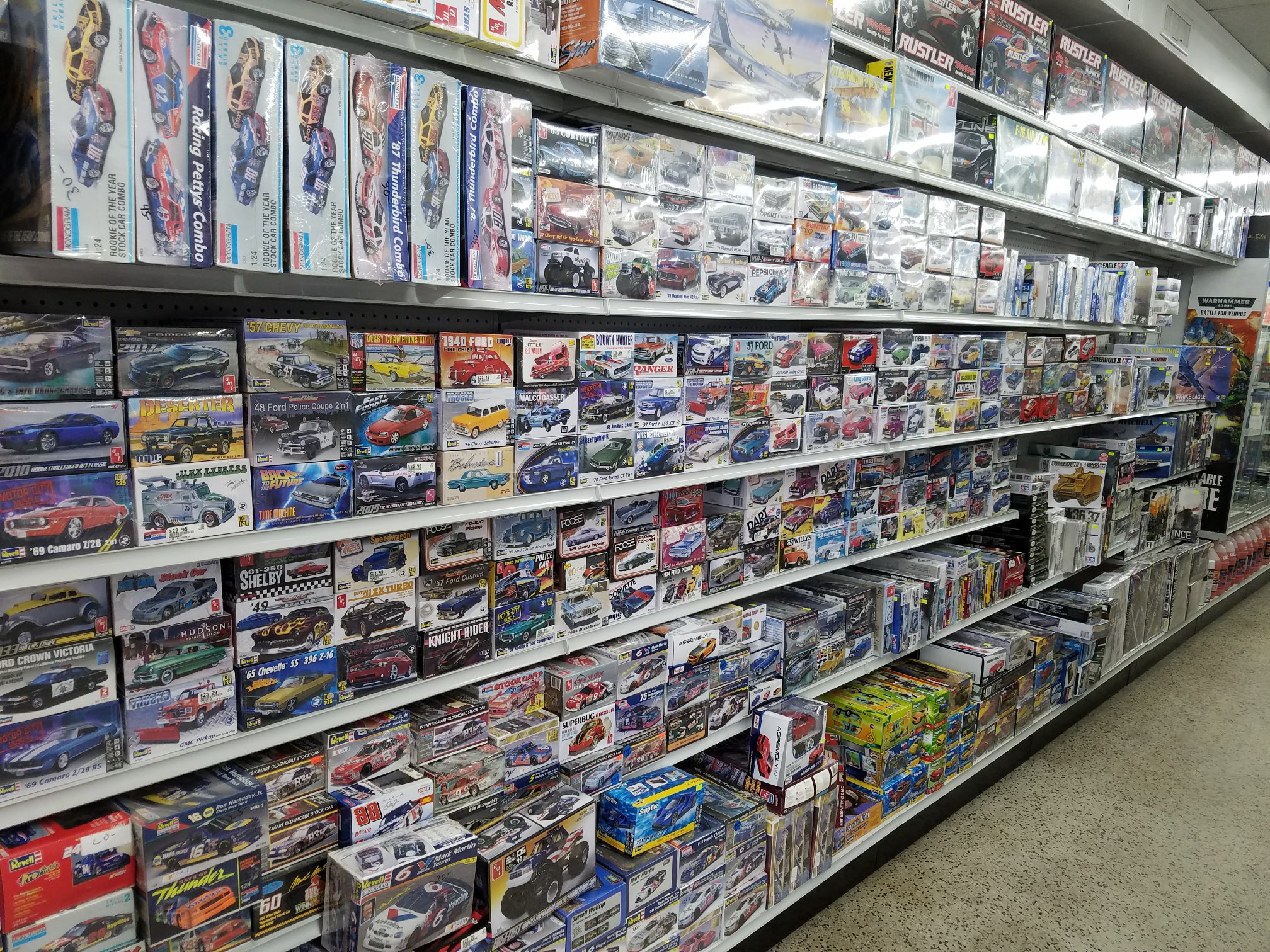 This 'company' is a placeholder for any small hobby shop that commissions their name to be put on models/toys.
This 'company' is a placeholder for any small hobby shop that commissions their name to be put on models/toys.

Brand/Importer Information: Micro-Trains is the brand name used by both Kadee Quality Products and Micro-Trains Line. For a history of the relationship between the brand and the two companies, please consult our Micro-Trains Collector's Guide.
Manufacturer Information:  Micro-Trains Line split off from Kadee Quality Products in 1990. Kadee Quality Products originally got involved in N-Scale by producing a scaled-down version of their successful HO Magne-Matic knuckle coupler system. This coupler was superior to the ubiquitous 'Rapido' style coupler due to two primary factors: superior realistic appearance and the ability to automatically uncouple when stopped over a magnet embedded in a section of track. The success of these couplers in N-Scale quickly translated to the production of trucks, wheels and in 1972 a release of ready-to-run box cars.
Micro-Trains Line split off from Kadee Quality Products in 1990. Kadee Quality Products originally got involved in N-Scale by producing a scaled-down version of their successful HO Magne-Matic knuckle coupler system. This coupler was superior to the ubiquitous 'Rapido' style coupler due to two primary factors: superior realistic appearance and the ability to automatically uncouple when stopped over a magnet embedded in a section of track. The success of these couplers in N-Scale quickly translated to the production of trucks, wheels and in 1972 a release of ready-to-run box cars.
Micro-Trains Line Co. split off from Kadee in 1990 to form a completely independent company. For this reason, products from this company can appear with labels from both enterprises. Due to the nature of production idiosyncrasies and various random factors, the rolling stock from Micro-Trains can have all sorts of interesting variations in both their packaging as well as the products themselves. When acquiring an MTL product it is very important to understand these important production variations that can greatly enhance (or decrease) the value of your purchase.
Please consult our Micro-Trains Collector's Guide

Micro-Trains Line Co. split off from Kadee in 1990 to form a completely independent company. For this reason, products from this company can appear with labels from both enterprises. Due to the nature of production idiosyncrasies and various random factors, the rolling stock from Micro-Trains can have all sorts of interesting variations in both their packaging as well as the products themselves. When acquiring an MTL product it is very important to understand these important production variations that can greatly enhance (or decrease) the value of your purchase.
Please consult our Micro-Trains Collector's Guide
Item created by: gdm on 2017-03-23 09:53:00. Last edited by Lethe on 2020-05-07 00:00:00
If you see errors or missing data in this entry, please feel free to log in and edit it. Anyone with a Gmail account can log in instantly.
If you see errors or missing data in this entry, please feel free to log in and edit it. Anyone with a Gmail account can log in instantly.


